If you’re looking for a Doodle that’s on the smaller side, with super soft, floofy hair and adorable teddy bear features, then look no further than the unfortunately named Poochon (to be fair, Bichpoo, Bichon Poo, and Bichon Poodle aren’t exactly much better!). Demand for these darling dogs started high and has continued to climb with succeeding generations becoming ever more clever, cute and cuddly.
However, before you dedicate your life to caring for one of these precious dogs, you are going to need to know that they are the best fit for you (and your family). That’s where we come in. So, sit back, relax and read on to learn all you could ever need to know about Poochons, including what they are, what they look like, and what they are like.
Learn How to Care for Your Doodle Puppy!

Perfect for first-time Doodle parents, get ALL your questions answered, including questions new Doodle parents don’t even think to ask.
Plus, get $700 worth of Bonus Materials for FREE, including:- Doodle Parenthood Community and Support Group ($190 value)
- Doodle Puppy Growth Tracker ($20 value)
- EMERGENCY Cheatsheet: When To Call The Vet Immediately ($50 value)
- HELP! Button ($145 value)
- And SO MUCH MORE!
What Exactly is a Poochon?
Looking almost like a child’s toy, these beautiful hounds are a delightful cross between a Bichon Frise and either a Miniature or a Toy Poodle. They were intentionally bred firstly in Australia from around the late 1990s, making them quite established as far as Doodles go.
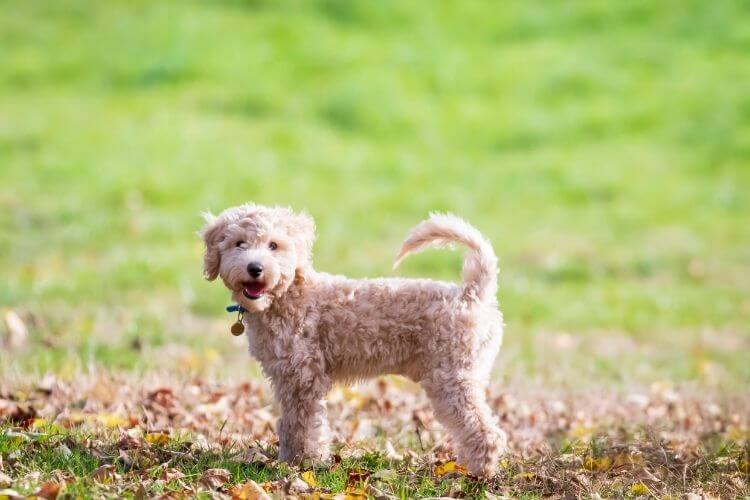
But why Doodle the Bichon?
The Bichon Frise likely originated in the Mediterranean as companion dogs. Their exact origins are a little unclear, but they quickly became firm favorites among the nobility of Europe. Popular in royal courts, England’s King Henry III was so fond of his Bichons that he carried them wherever he went in a special basket that he hung from his neck.
These darling dogs are quite similar in appearance to smaller Poodles. They are also equally as fun and charming with a clever but independent streak. Bichons are much admired for their trademark powder-puff appearance – and this was likely one of the key reasons they were first crossed with Poodles.
These two adorable dogs were likely combined at the height of the Doodle craze when breeders were trying to find pets that work for those with allergies. Many of the original Doodles (Labradoodles, Goldendoodles) were all a little on the large side and so unsuitable for those a little lacking in space – bring on the teenier Poochon!
3 Interesting Facts About Bichon Frise-Poodle Mixes
- You’d think that with all that gorgeous hair of theirs, they would have learned to stay far away from the water, but Poochons love to swim just like their Poodle parent.
- Despite looking like the perfect little lapdogs, Poochons love to play, run, explore and need a fair amount of daily exercise to keep them healthy and happy.
- Poochons are highly adaptable little things. They can set up home as easily in a tiny apartment as in a vast country mansion, just as long as they get out and about each day.
Physical Appearance
As Bichon Frises are always white, it’s not really surprising that the main shades Poochons come in are variations of cream, tan, and apricot. Colors such as red, black, and grey are out there, but they are extremely uncommon.
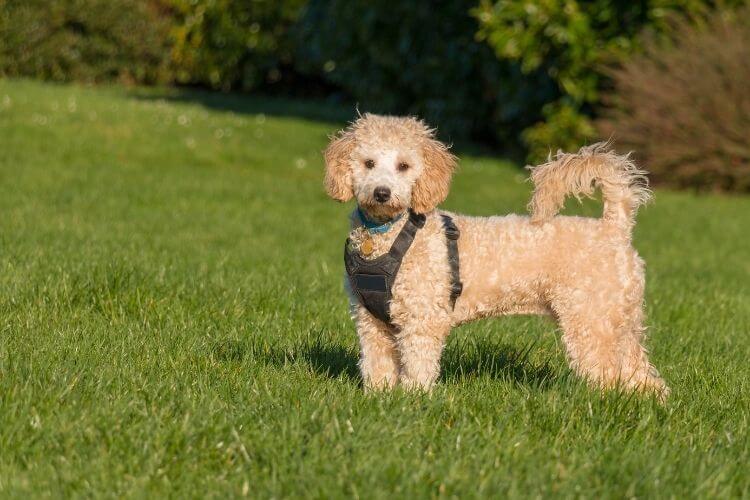
Mostly these pups are a single solid color, although sometimes they are a blend or have a cute little white tummy. Their medium-length hair is typically wavy rather than curly, and they don’t shed much no matter the dominant parent in their makeup.
Poochons tend to retain their beautiful puppy features well into adulthood and are also known for having one of the sweetest smiles in doggydom. Factor in a lot of time when you take your Poochon out for walkies, as you will likely be stopped multiple times so passers-by can fawn all over your little darling.
Size
Poochons are, as you might expect given the parents, relatively small dogs. (Bichons are around the same size as the Miniature Poodle). However, Poochons are currently bred in two distinct sizes; Standard and Mini.
Standard Poochons come from breeding the Bichon Frise with a Miniature Poodle. These pups are typically 10 to 15 inches to the shoulder and weigh around 10 to 18 pounds. Mini Poochons have a Toy Poodle parent and are so slightly smaller at 8 to 10 inches to the shoulder and 6 to 10 pounds in weight.
For reasons you can probably imagine, the diminutive Bichon Frise is not bred with the medium-to-large-sized Standard Poodle.
Find out more about your pup’s growth patterns and potential adult size here.
Personality & Temperament
Incredibly affectionate with just about everybody – but particularly with their owners – Poochons are no doubt highly sociable hounds. In fact, they REALLY don’t do well in isolation. For this reason, they shouldn’t be left alone for long periods, especially during the day. If you’re away at work, it’s better that there’s someone around to keep them company or another dog at home for them to play with.
Poochons are also great with children but are easily injured – especially when they are young. For this reason, they are better suited to a home with older kids and teens who have been carefully taught how to handle them. Do keep in mind that children and dogs should never be left to play unsupervised, though.
Like other Doodles, Poochons are super smart and need to be kept constantly occupied with something. A good puzzle or chew toy can work wonders when you’re not about to fuss them. If these pups become bored, you likely won’t like the end result. They can become mouthy in every respect, annoying your neighbors to death with their yapping, or chewing your shoes, clothes, and furniture into teeny tiny pieces.
Variations & Generations
Poochons follow the regular Doodle pattern for first, second, and third-generation dogs. Often people prefer generations with more Poodle DNA so that the pups inherit the low-shed, hypoallergenic coat. However, as both the Poodle and the Bichon Frise naturally have these kinds of coats, that’s not too much of a problem here.
Here are all the different types of Poochon explained:
| 1st Parent | 2nd Parent | % Bichon Frise* | % Poodle* | |
| F1 Poochon (first-generation) | Bichon Frise | Poodle | 50% | 50% |
| F1B Poochon (first-generation backcross) | F1 Poochon | Poodle | 25% | 75% |
| F1BB Poochon (first-generation backcross backcross) | F1B Poochon | Poodle | 12.5% | 87.5% |
| F2 Poochon (second-generation) | F1 Poochon | F1 Poochon | 50% | 50% |
| F2B Poochon (second-generation backcross) | F1 Poochon | F1B Poochon | 37.5% | 62.5% |
| F2B Poochon (alternate cross) | F2 Poochon | Poodle | 25% | 75% |
| F3 / Multigen Poochon | F1B Poochon or higher | F1B Poochon or higher | Varies | Varies |

Health
Doodles tend to do better than many other dogs for two key reasons:
- Firstly, mixed pups have a wider gene pool, making them less likely to inherit genetic issues specific to certain breeds (hybrid vigor).
- Secondly, Doodles are valuable dogs, and for this reason, most breeders take the greatest care that they remain as healthy as can be.
However, that’s not to say that Poochons never get sick. Though their chances are lower than their purebred parents’, they are still susceptible to some common canine conditions. These include patellar luxation (where the kneecap shifts out of place), eye problems, allergies, bladder issues, and Addison’s disease (a hormone problem).
Poochons are also prone to weight gain if they consume too many calories or don’t get at least half an hour of dedicated exercise every single day.
To keep all health risks as low as possible, purchase your puppy from a responsible breeder that has carried out all the necessary tests. Then ensure you feed your pet the right kind of food to meet their needs, give them plenty of exercise, and take them for regular checkups with the vet.
Exercise & Training
As we touched on above, for little dogs, these guys can be pretty energetic. Keeping them both physically and mentally stimulated is vital for avoiding any unwanted, mouthy behaviors. You will need to walk them daily and play plenty of games of fetch too.
Training can also be helpful for keeping them engaged. The offspring of two intelligent breeds, Poochons can quickly pick up new commands and even a trick or two. The friendly, people-pleasing aspect of their nature makes these dogs super easy to train, even for novice owners.
Here at Doodle Doods, we recommend the positive reinforcement method of training. This is where treats, toys, praise, and other valued items are used to reward desired behaviors. This technique also helps you to develop a strong relationship with your pup. For more details on exactly how this works, check out Baxter and Bella’s Online Puppy School.
Need help with training?
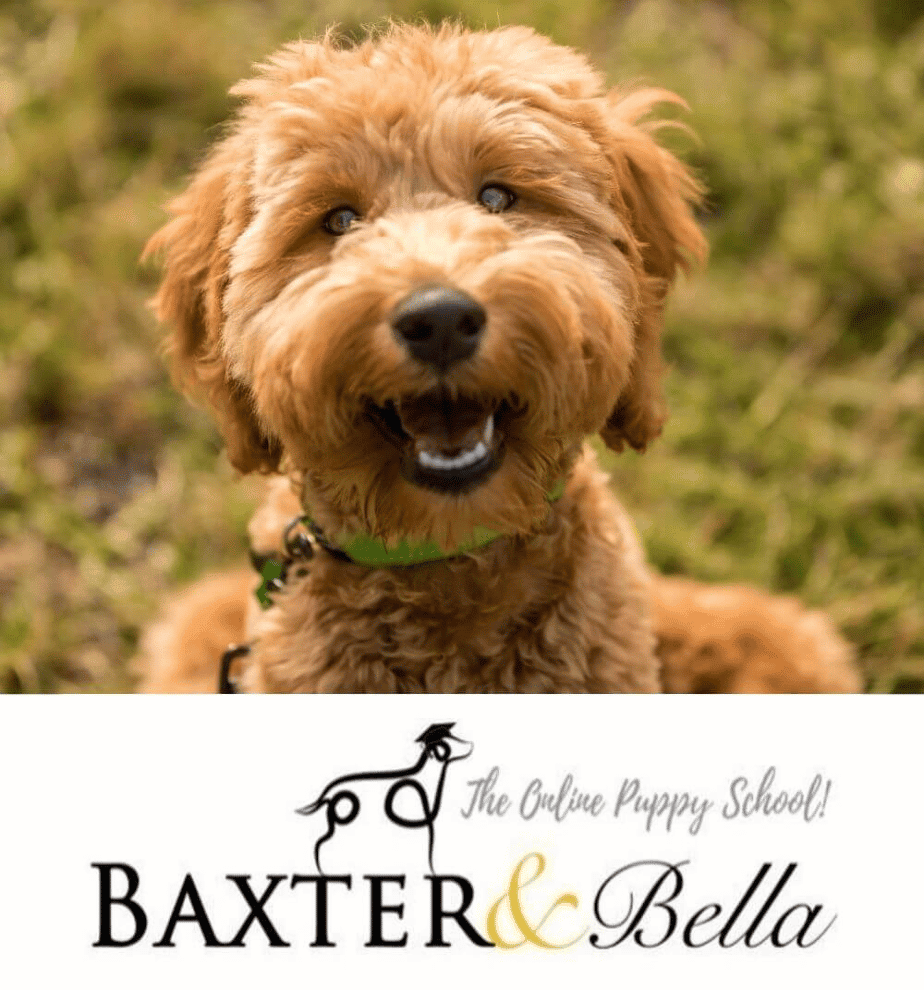
Use our discount code: DOODLEDOODS at checkout for an instant 25% off of BAXTER & BELLA, The Online Puppy School – an incredible value on their lifetime membership!
Learn More About BAXTER & BELLAEarly socialization is also crucial for these pups. As is the case with many smaller canines, they can be a touch nervous in unfamiliar situations or around people and animals that they don’t know. This could prompt them to bark or even bite if they get too nervous or scared.
Coat & Grooming
Aside from their dazzling personalities, probably the very best thing about lovely Poochons is that utterly gorgeous, super soft, and floofy coat of theirs. It really is utterly unique.
While most people would say the Poodle hair is the most desirable type, being ultra-low shedding and hypoallergenic, the Bichon Frise’s really is just stunning. It is plush, velvety to the touch, and just as hypoallergenic as the Poodle’s (a big surprise given that it is double-layered).
So, no matter whether they inherit the Poodle coat, the Bichon Frise hair, or something in between the two, Poochon pups are always drop-dead gorgeous.
However, the downside is both these coats are super high maintenance. They require daily brushing, frequent trimming, and constant cleaning to keep them clean, tidy, and looking great. With these dogs, it’s probably best to factor in regular trips to the groomers as part of the overall cost.
Where Can You Get Poochon Puppies?
Thanks to the popularity of these dogs, there are numerous breeders who specialize in them. This helps to keep waiting lists down and prices competitive. These dogs tend to go for around $1,000 to $3,000.
When searching out a responsible breeder, though, be a little cautious with who you trust. The rise of the Doodle has encouraged many scammers out of the cracks. There are also a number of puppy mills where profits are put far ahead of the health of the dogs.
Make sure to do your research, checking websites and social media profiles carefully. Follow up on certification the breeder claims to have and make sure to ask about the type of testing they do on the parent animals as well as on the puppies themselves.
For more details on exactly what to look for in a breeder, check out our dedicated article on the topic here. Our Doodle breeder directory can also give you an excellent place to start with finding suitable facilities in your local area.
Frequently Asked Poochon Questions
Do Poochons make good pets?
Poochons make great pets for active singles and outdoorsy families with older children and teens. They are happy, adventurous, and energetic pups who adore spending time with their people. However, these are not the best dogs for those just looking for a lapdog to cuddle up with – they need plenty of exercise. They will certainly let you know if they aren’t happy with what they are getting.
Do Poochon dogs bark?
Poochons, like many other littler dogs, can tend towards the mouthy side when bored, unhappy, nervous, or simply if they haven’t been correctly trained. Encourage them away from such behaviors from an early age. Then be sure to keep them physically and mentally stimulated to prevent them from acting out in this way as they get older.
Who is a Poochon best for?
Aside from needing to be part of an active household, Poochons also don’t like being left alone. For this reason, they do best in places where there are always people and/or other animals about and can get mouthy and destructive when bored. These dogs do as well in apartments as in houses, just as long as they get plenty of outdoor time too.
Poochons are little Doodles with large personalities. They look exactly like the kinds of dogs that love to be placed on a velvet cushion and petted and pampered. Don’t be fooled though, these boisterous pups are much more likely to be found in the great outdoors, happily digging in the mud or swimming in the ocean. However, Poochons also love to be loved. After an active day of romping about, they will be perfectly content to cuddle up with the rest of their family and enjoy a little (or a lot) of love.

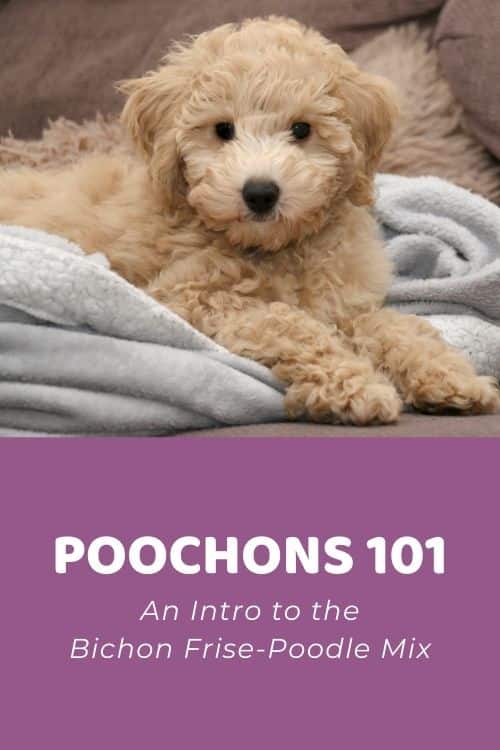
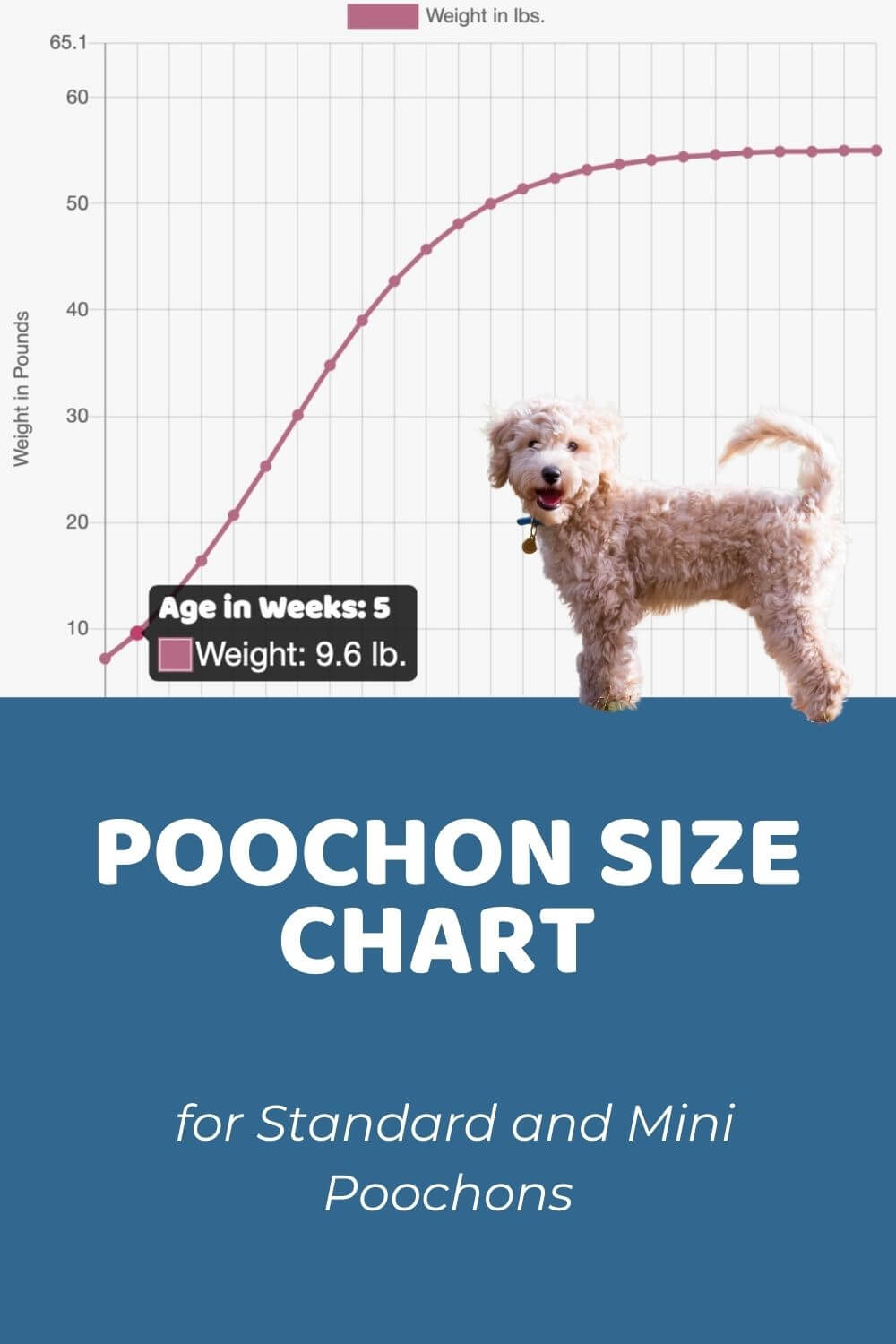
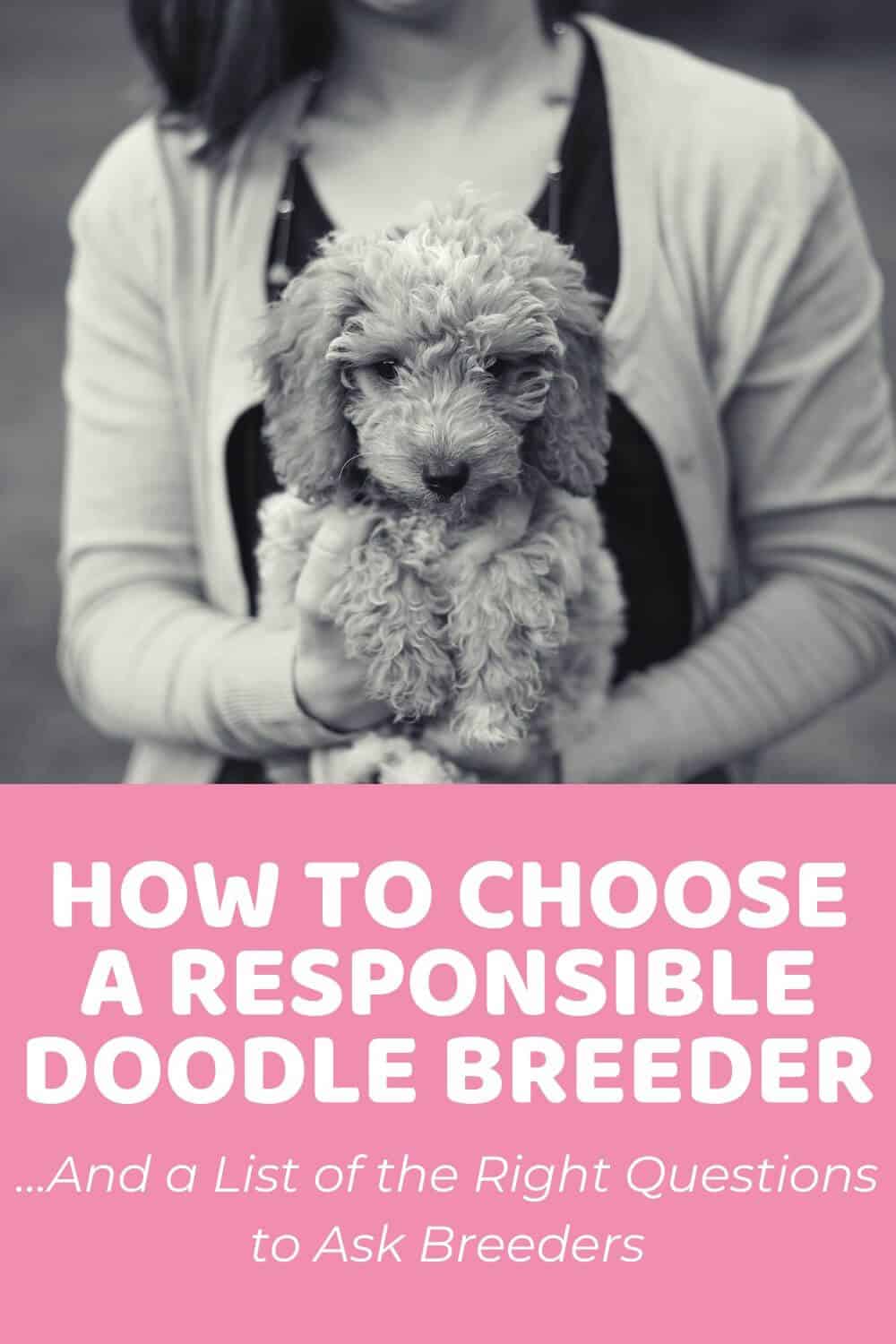
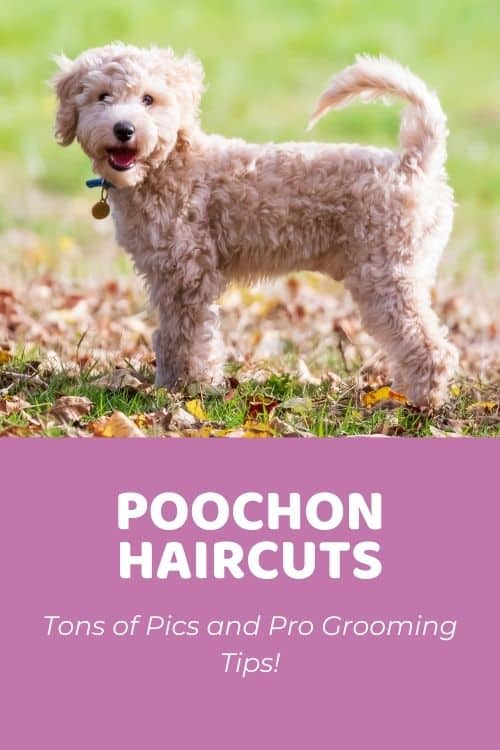
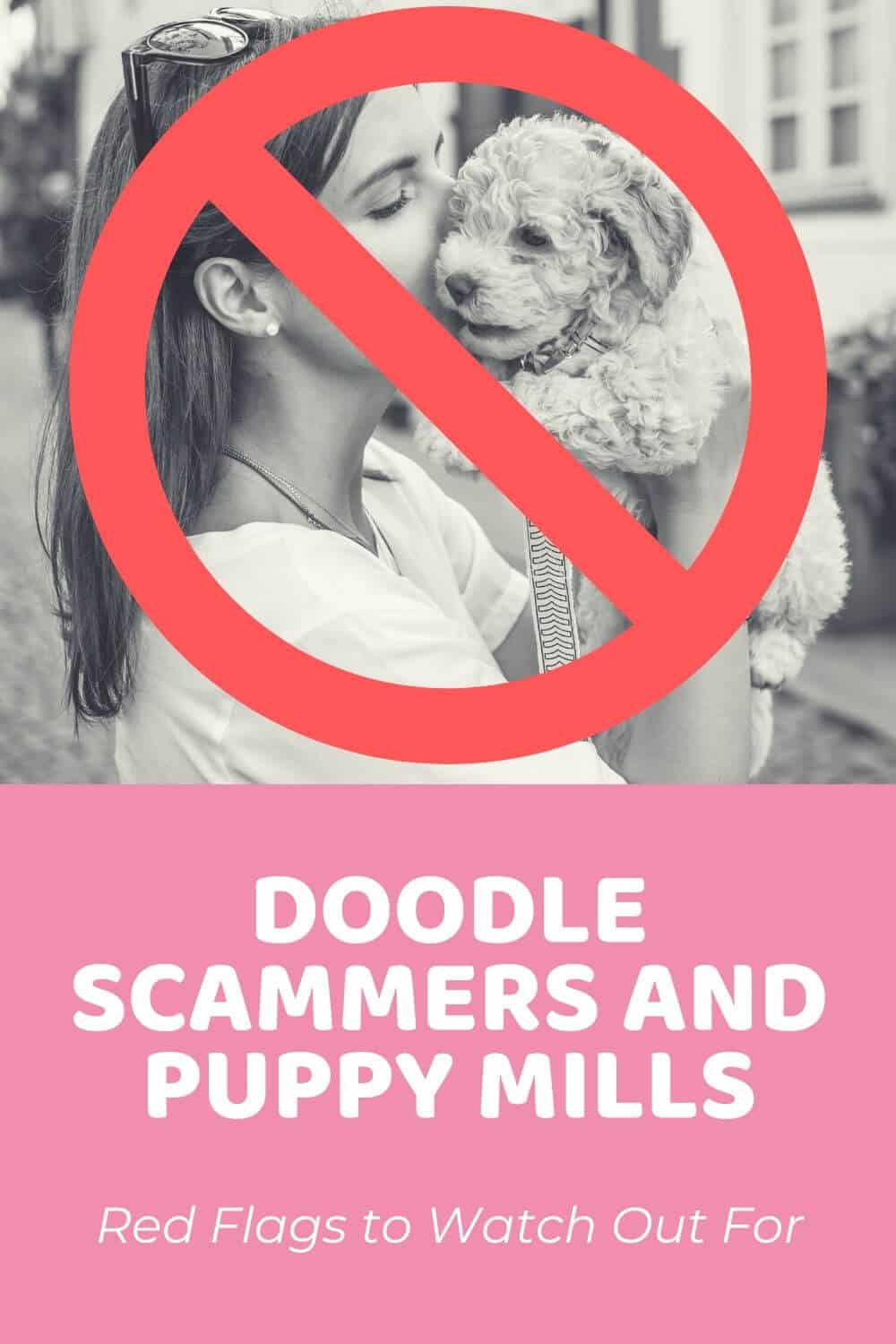
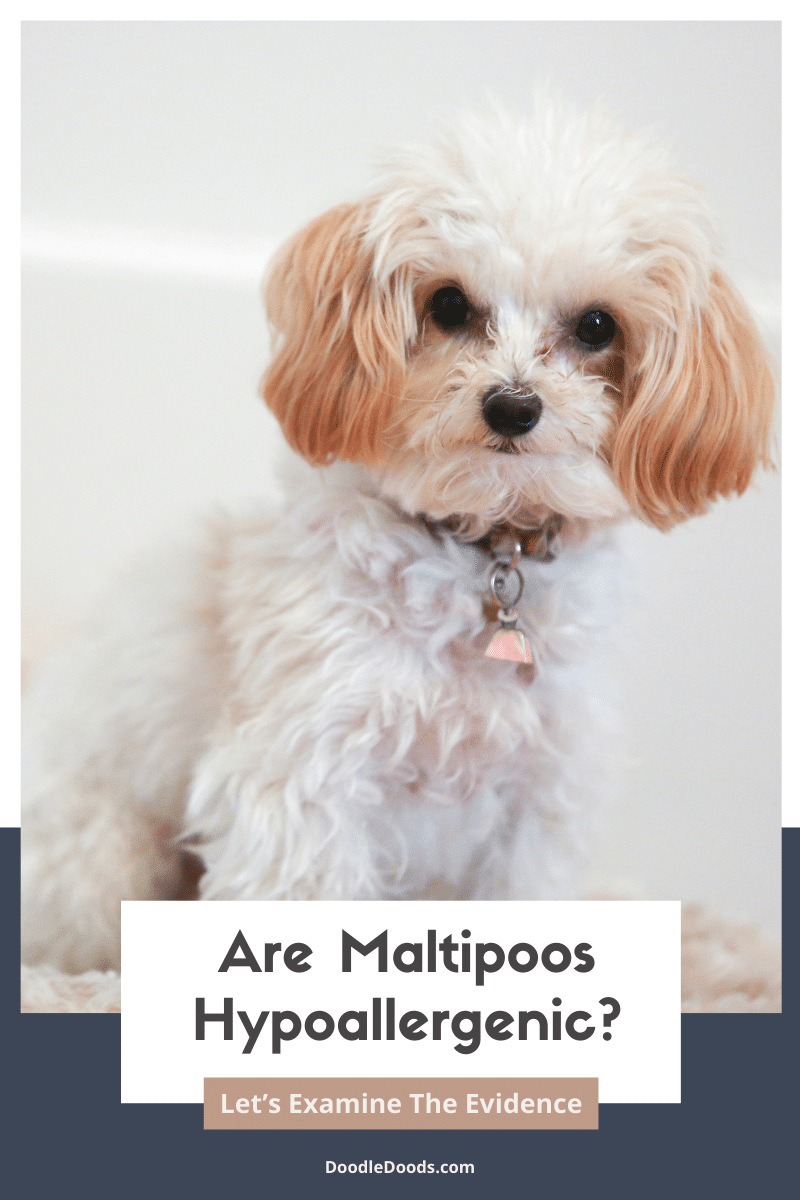
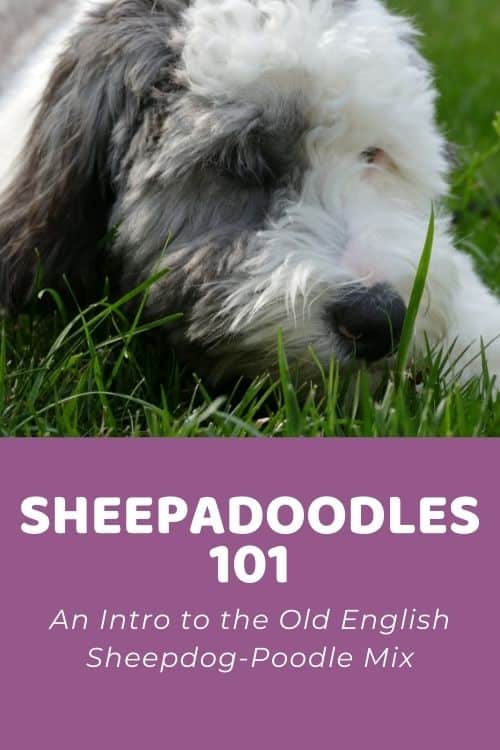
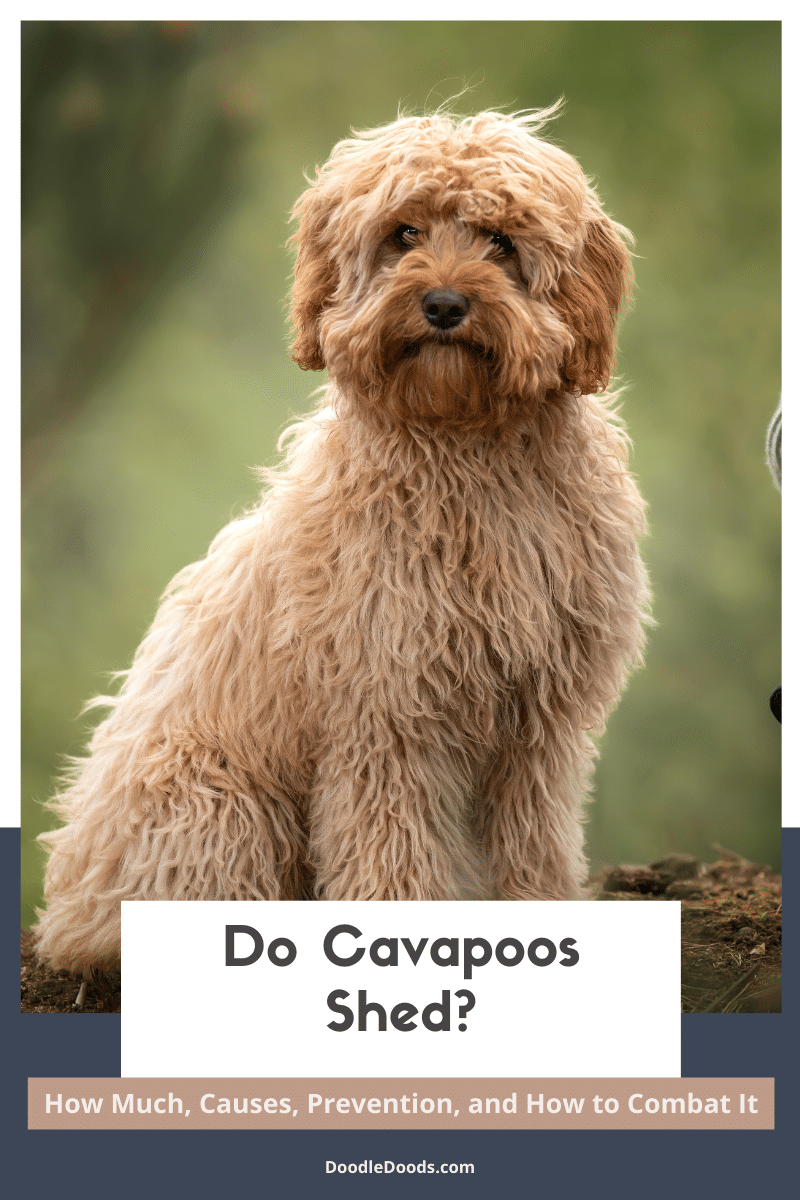
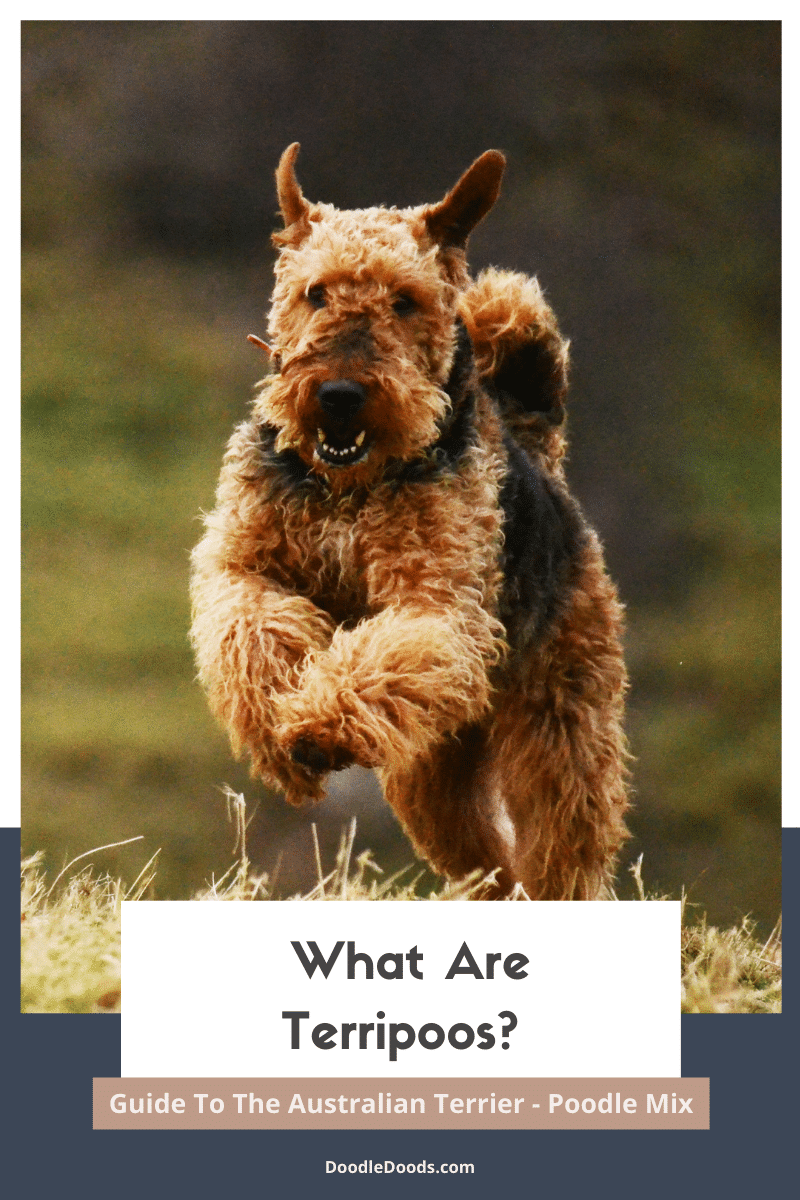
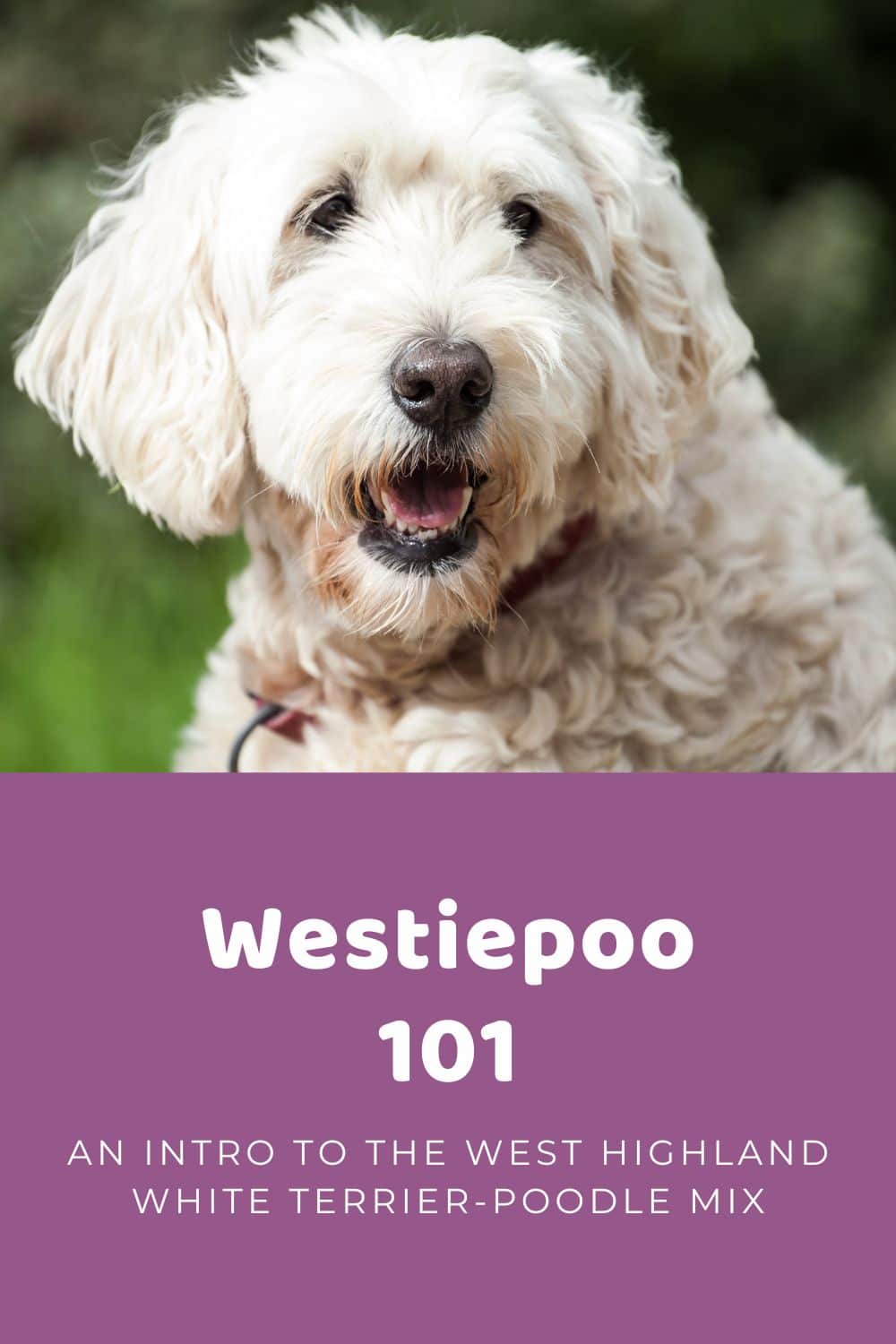
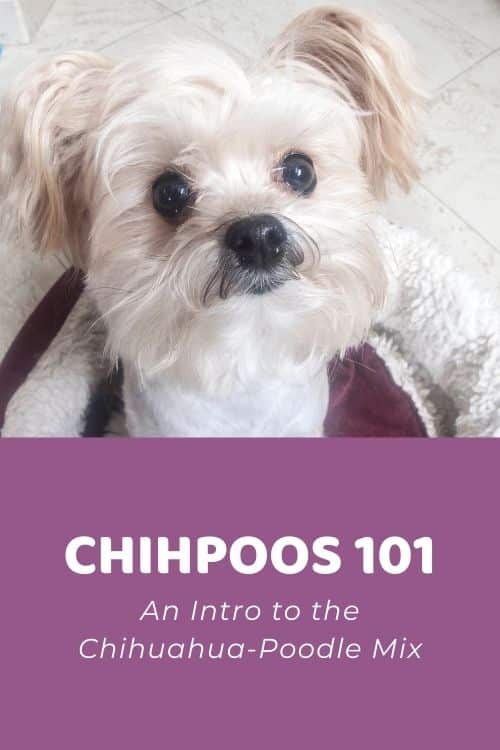
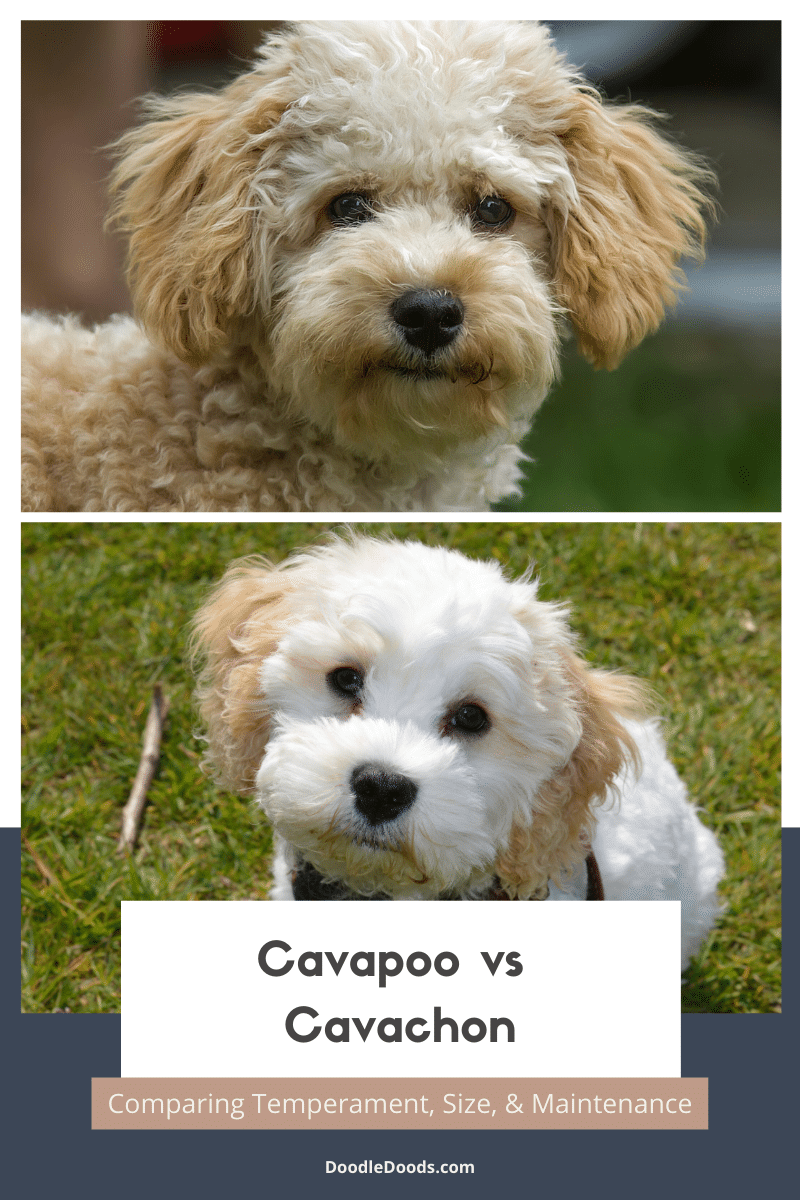
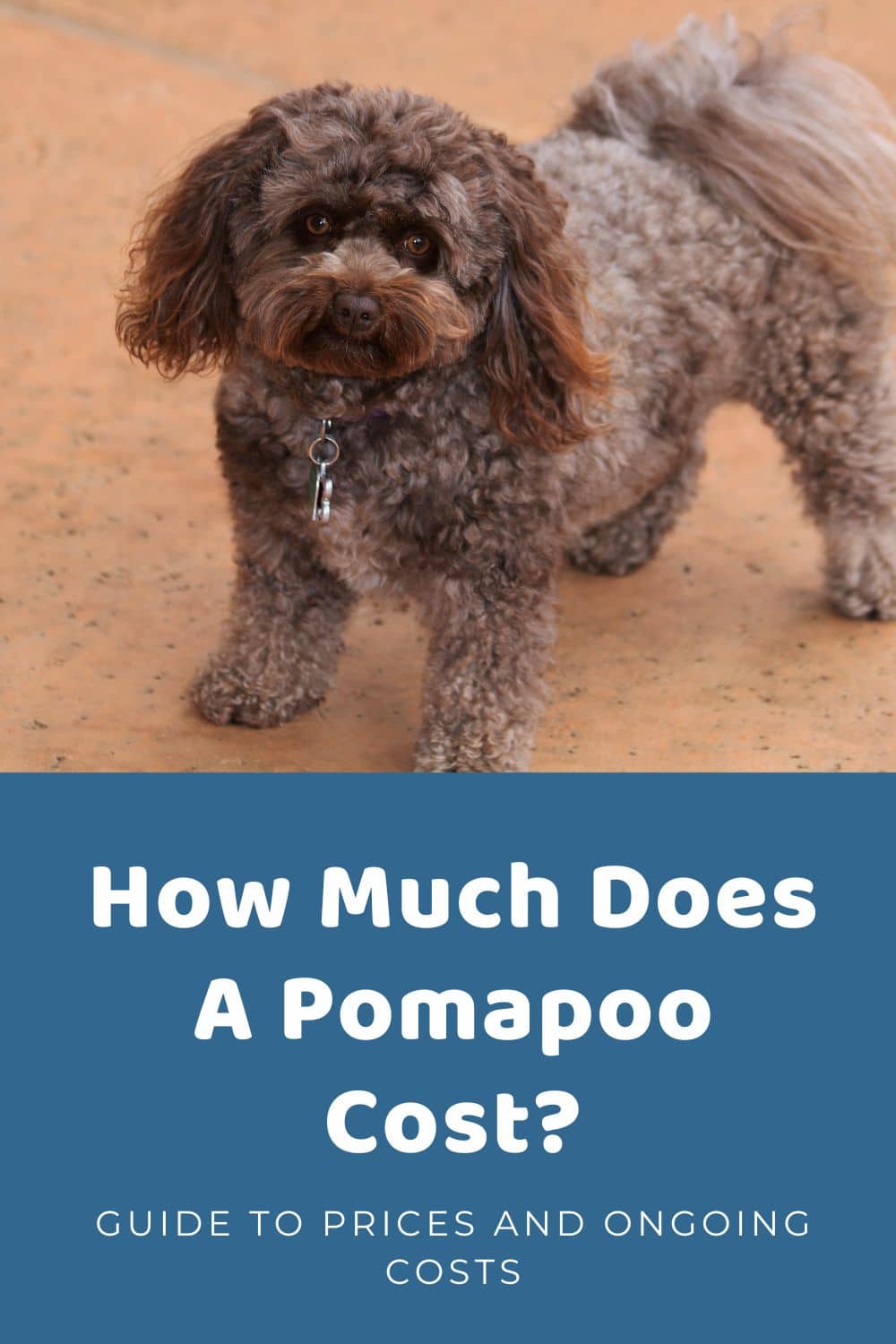
We’ve purchased a “Poochon”, after losing our Morkie; definitely a different breed for sure, nothing like a Morkie. She’s VERY high-energy, timid around other dogs, but we purchased her in Dec., when there was no one around, etc.,not a lot of socialization, but I do walk her every day, which she doesn’t even care to do, but I encourage it every day. She LOVES to play and chase toys, never-ending it seems, so gets lots of exercise there.
I’m not sure WHAT to feed her now, since she’s becoming an adult, and I’d like to find a food that has EVERYTHING in it, for eyes, teeth, coat/skin, anal glands, allergies, and the list goes on, not to say there are issues there YET, but I’m sure there will be as she ages. She’s now 9 months old. Oh well, the trails and tribulations are unending.
June 27, 2022 at 9:33 am